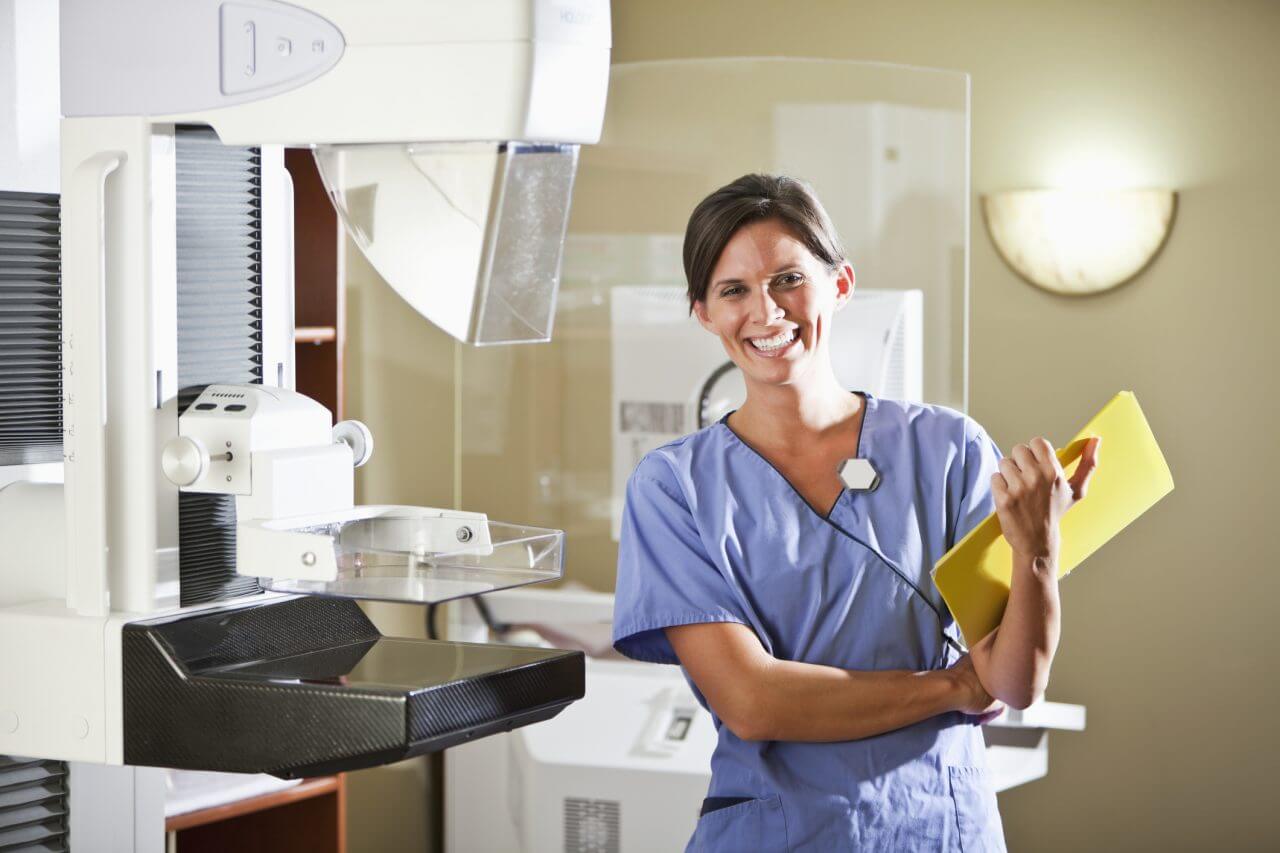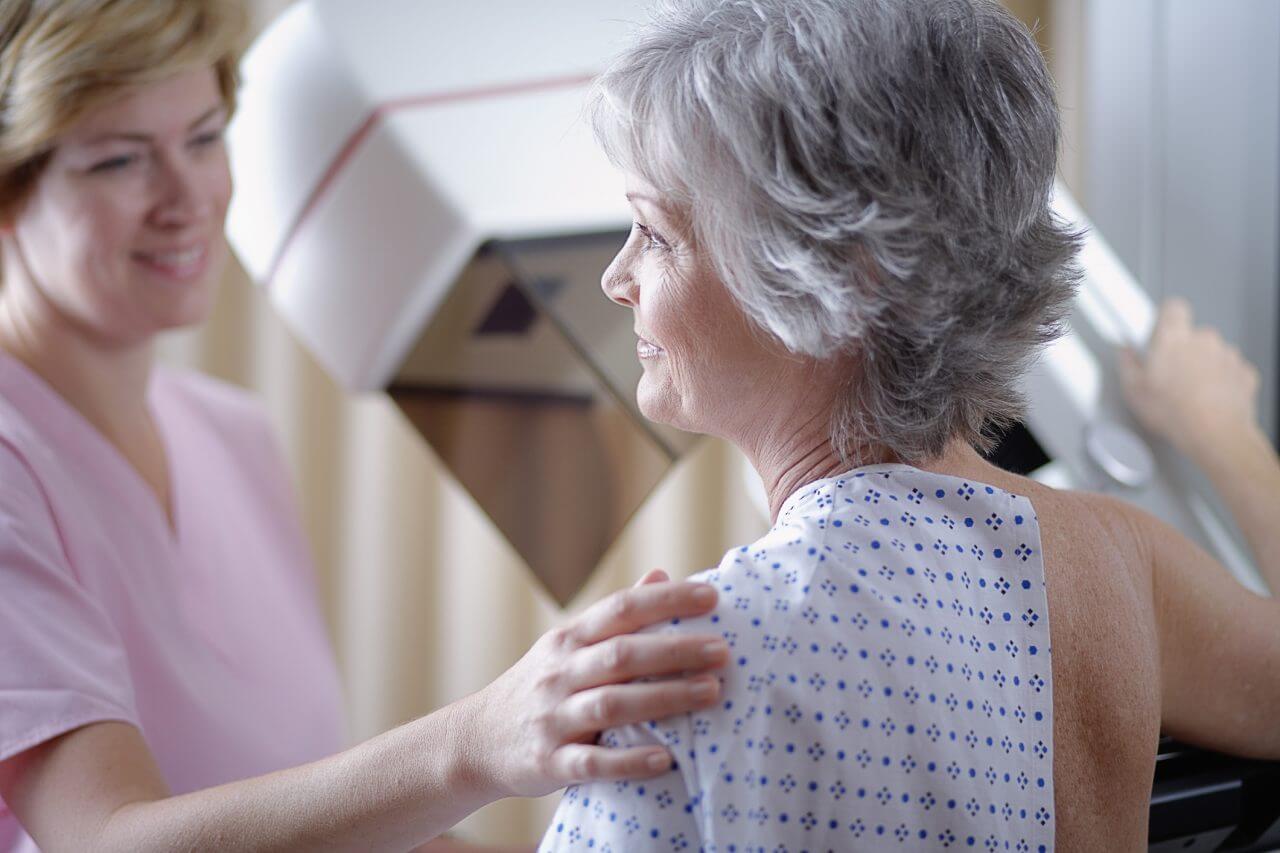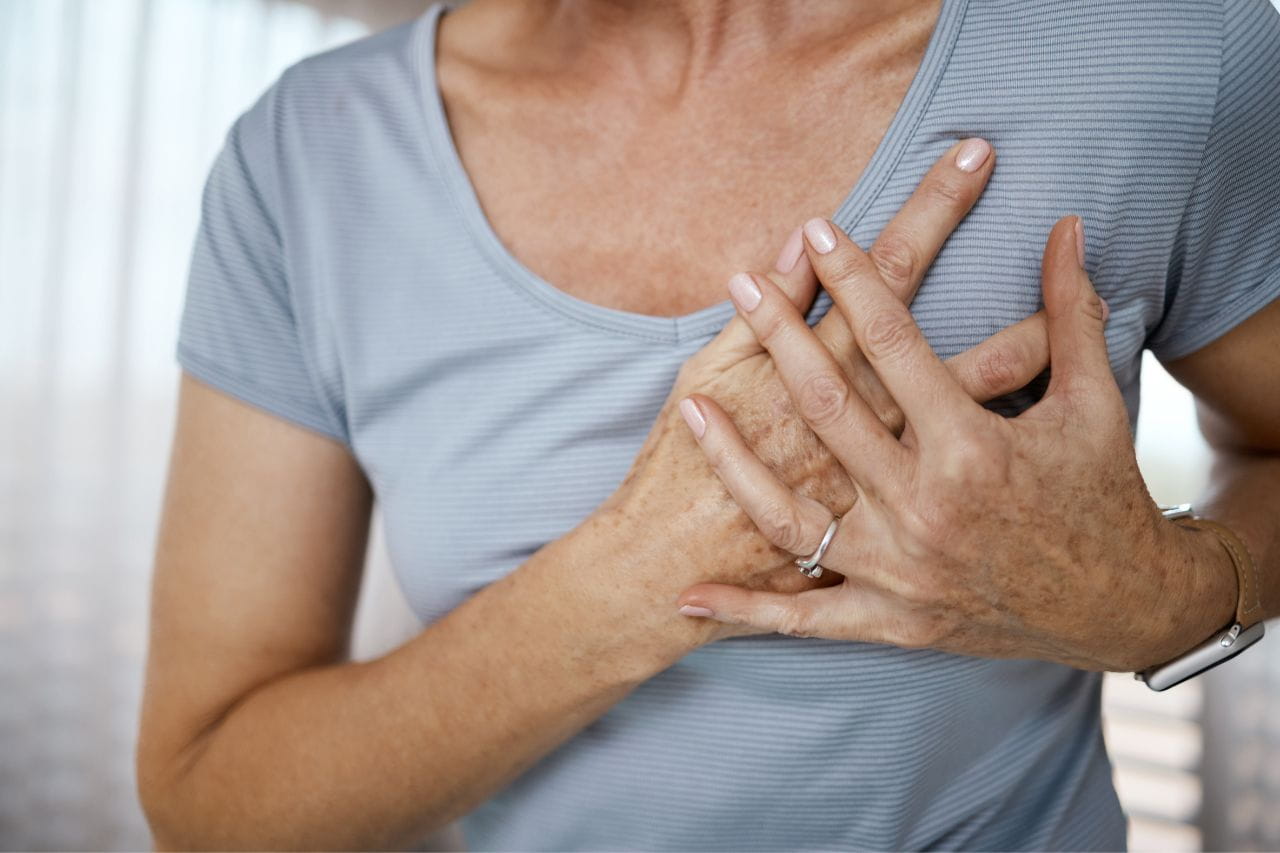What You Should Know About Breast Cancer Right Now

Learn Your Risk for Breast Cancer
With the exception of skin cancer, breast cancer is the most common cancer in women. Approximately 30% of cancers diagnosed in women are breast cancer. The disease can also occur in men, but it’s much less common. One of the most effective tools for fighting breast cancer is information about the disease. This article will cover what you should know about breast cancer. It will also cover common questions about breast cancer.
FAQs About Breast Cancer
The best source of information about breast cancer is your doctor. They’re familiar with your medical background and can answer specific questions you have about the disease. But it’s also helpful to have answers to general questions that people ask about breast cancer.
What Can Cause Breast Cancer?
Doctors don’t know the exact cause of breast cancer. A number of genetic, lifestyle and environmental factors are believed to play a role.
Does Smoking or Consuming Alcohol Cause Breast Cancer?
Smoking has been shown to increase breast cancer risk, and that includes exposure to secondhand smoke. Quitting smoking has the opposite effect, with the risk associated with this behavior decreasing the longer you go without smoking. Alcohol consumption also increases breast cancer risk. One drink per day raises the risk slightly, but that amount may help improve heart health, so it’s important to talk with your doctor about what’s right for you.
What Are the First Signs of Breast Cancer? What Are Some Overall Symptoms?
Breast cancer can cause skin changes like redness, swelling or other visible differences in one or both breasts. This includes changes in the nipple. Nipple discharge other than breast milk is another sign of possible breast cancer. Lumps on or in the breast and pain on or in any part of the breast are also symptoms.
How Is a Person Diagnosed with Breast Cancer?
Breast cancer is diagnosed using a number of tests. This includes different types of imaging such as mammograms, ultrasound and MRI scans. A biopsy in which a tissue sample is removed from the breast and examined may also be used.
Does Breast Cancer Spread?
Breast cancer can spread to other parts of the body. If it does, it’s then considered advanced or metastatic breast cancer.
What Does a Breast Lump Feel Like?
The size and consistency of breast lumps vary. Some are hard and painful. Others feel soft and moveable. If you detect a lump, you should talk to your doctor right away. Many breast lumps are benign (non-cancerous), but it’s important for your doctor to make that determination.
What Are the Risk Factors for Breast Cancer?
Breast cancer risk factors include early menstruation, late onset of menopause, obesity after menopause, use of oral contraceptives, having never been pregnant or a first pregnancy after age 30, increasing age, family history of breast cancer, long-term combined hormone therapy, and personal history of breast cancer.
What Is a Mastectomy?
A mastectomy is the surgical removal of the breast. The breast may be partially or completely removed. Most often the procedure is used to treat breast cancer, but some people at high risk for the disease choose to have the procedure as a preventative measure.
What Is a Mammogram?
A mammogram is a procedure in which X-rays produce an image of the inside of the breast. The goal of a mammogram is to determine if there are lumps or masses in the breast that may be cancerous. Early detection of the disease helps in treating it.
When Should I Get a Mammogram?
All women over 50 should have an annual mammogram. Some doctors recommend that women over 40 should also have a mammogram each year. Your doctor can tell you what they recommend for you.
What Can Be Done to Prevent Breast Cancer?
There are many steps you can take to lower your risk of breast cancer. They include eating a healthy diet, not smoking, maintaining a healthy weight, and lowering your stress level. While they don’t prevent breast cancer, monthly breast self-exams and annual mammograms as recommended by your doctor can help detect cancer early when it’s easiest to treat.
Learn Your Breast Cancer Risk and Find a Provider with Baptist Health
The statistics are sobering: 1 in 8 women are diagnosed with breast cancer. Fortunately, there are many ways to lower your risk, detect the disease early, and treat it if it occurs. The key is to understand the issues around breast health and be vigilant. Take our free online Health Risk Assessment for breast cancer to identify any risk factors that you have.



